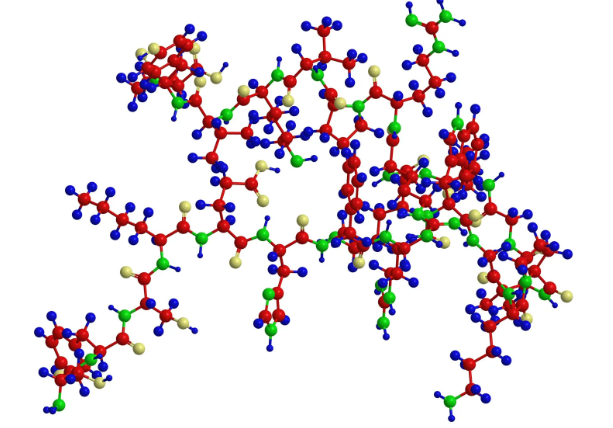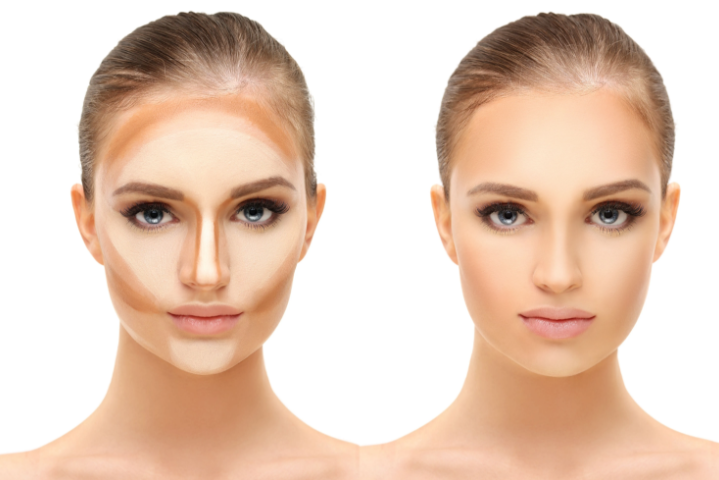What Are Peptides and Exploring the Role of Peptides in Health and Wellness

Peptides have been generating quite a buzz in the world of skincare, fitness, and health in recent years. You’ve probably heard about them in the context of anti-aging creams, muscle building, or even as a potential treatment for various medical conditions. But what exactly are peptides, and how do they work?In this blog post, we’ll delve into the fascinating world of peptides, understanding their structure, functions, and the potential impact they can have on our lives. Additionally, we’ll touch on the role of Aurogra 100, a medication that can assist with certain health concerns.
What Are Peptides?
Peptides are short chains of amino acids, the building blocks of proteins. Amino acids are linked together by peptide bonds, forming these small protein fragments. They are naturally occurring and can be found in various foods, our bodies, and even some skincare products.
The length of a peptide chain can vary significantly. Shorter peptides typically consist of just a few amino acids, while longer ones may contain dozens or more. The specific sequence of amino acids in a peptide chain determines its unique properties and functions.
How Do Peptides Work?
Peptides play a crucial role in numerous biological processes within our bodies, and their functions can vary widely based on their structure and location. Here are some of the key ways in which peptides work:
- Cell Signaling: Many peptides act as messengers within the body, transmitting important signals between cells and tissues. For example, insulin is a peptide hormone that regulates blood sugar levels by signaling cells to take in glucose. Similarly, neuropeptides transmit signals in the nervous system, influencing various functions like mood and pain perception.
- Enzyme Regulation: Some peptides function as enzymes, facilitating chemical reactions within the body. Enzymes are essential for processes such as digestion, where they break down complex molecules into simpler ones that the body can absorb and use.
- Structural Support: Collagen, a well-known peptide, provides structural support to the skin, tendons, and bones. It helps maintain the elasticity and firmness of the skin, making it a popular ingredient in many skincare products.
- Immune System: Certain peptides are part of the body’s immune response. For instance, antimicrobial peptides help defend against infections by disrupting the membranes of bacteria and other pathogens.
- Muscle Growth and Repair: Peptides also play a significant role in muscle growth and repair. They are crucial for building and maintaining muscle tissue, making them popular among athletes and bodybuilders.
- Hormone Regulation: Some peptides act as hormones, regulating various bodily functions, including growth, metabolism, and stress response. Growth hormone-releasing peptides (GHRPs) are examples of peptides that can stimulate the release of growth hormone.
- Skin Care: In the world of skincare, peptides are often included in anti-aging products. They can help improve skin texture, reduce the appearance of fine lines and wrinkles, and promote collagen production.
Peptides also help in curing Erectile Dysfunction. However, medicines are available for the cure of this problem. Some of the most commonly prescribed medicine by doctors are: Vidalista 20 | Vidalista 60 | Aurogra 100
Peptide-Based Therapies
Due to their diverse functions and potential therapeutic benefits, peptides have gained significant attention in the medical field. Researchers are exploring peptide-based therapies for a wide range of conditions, from diabetes and cardiovascular disease to cancer and neurological disorders.
For example, peptide-based drugs like insulin and GLP-1 analogs are used to manage diabetes. In cancer treatment, targeted peptide therapies can deliver drugs directly to cancer cells while sparing healthy tissue, reducing side effects.
Conclusion
Peptides are versatile and essential molecules in our bodies, with diverse functions that impact various aspects of health and well-being. Whether they are involved in cell signaling, muscle growth, enzyme regulation, or skincare, peptides continue to captivate the scientific community and consumers alike.
As research advances, we can expect to see even more innovative uses for peptides in medicine, skincare, and beyond. Understanding the basics of how peptides work helps us appreciate their potential in improving our quality of life and overall health. So, the next time you see “peptides” on a product label or in a scientific article, you’ll have a better grasp of the incredible role these tiny protein fragments play in our lives.






